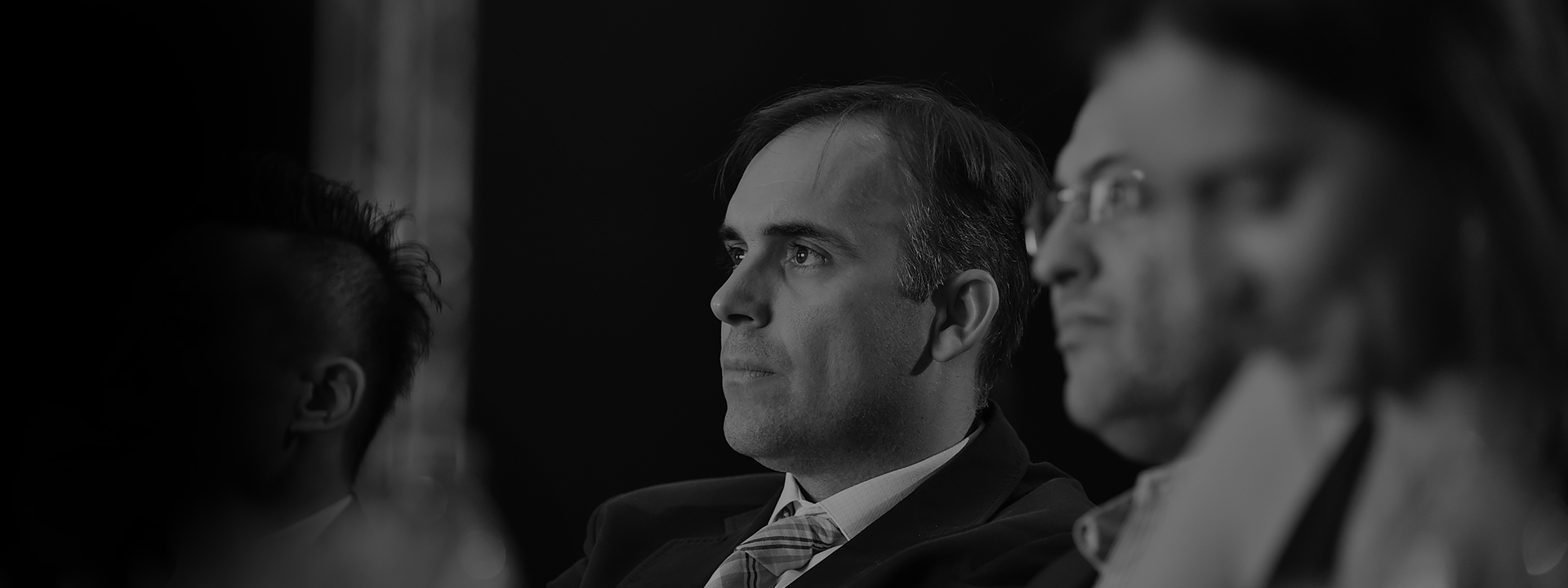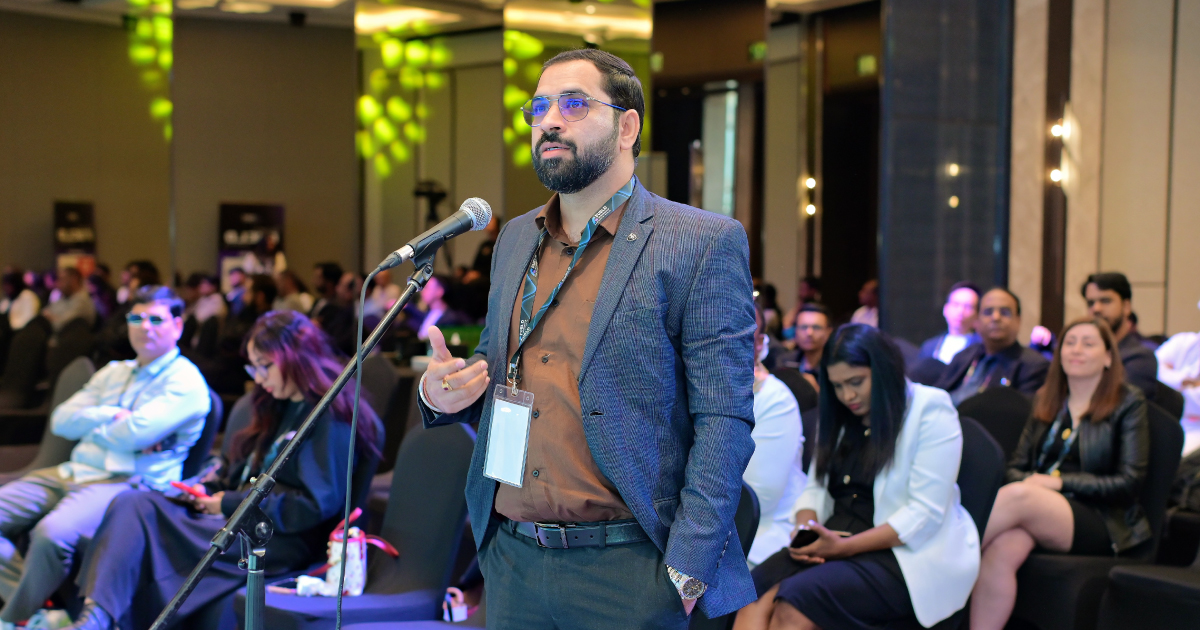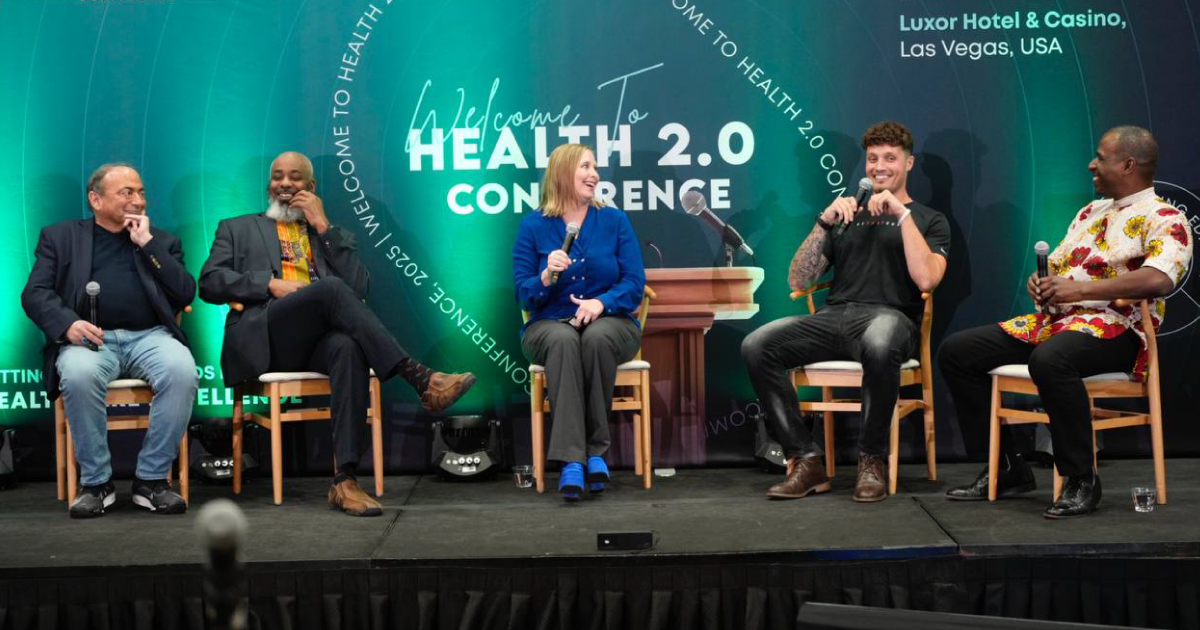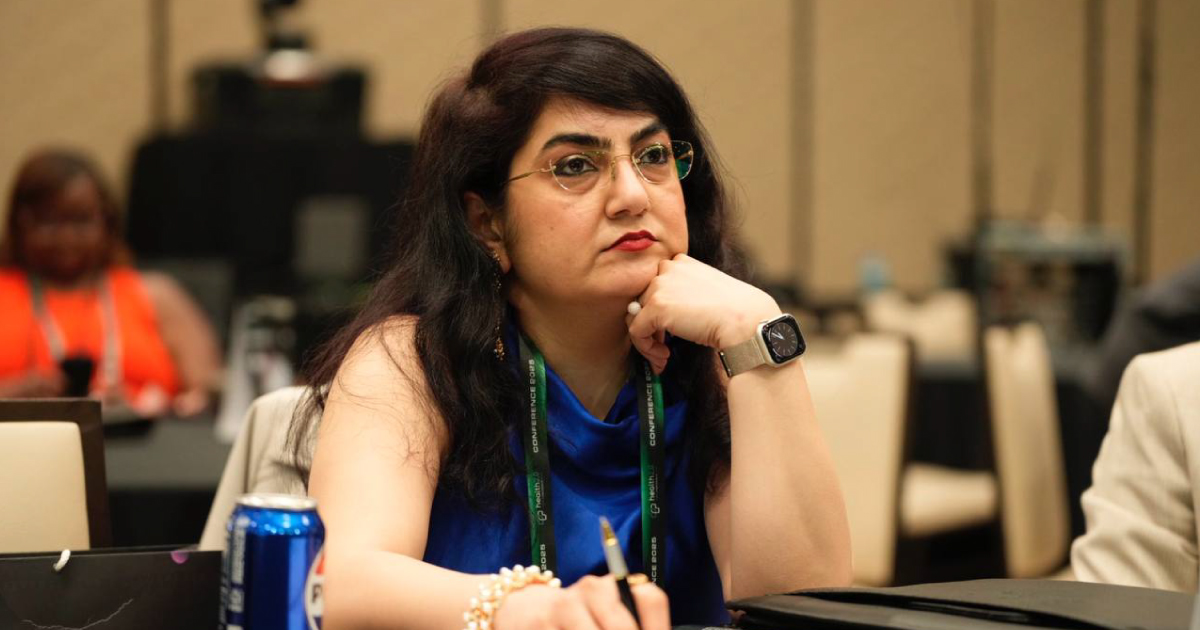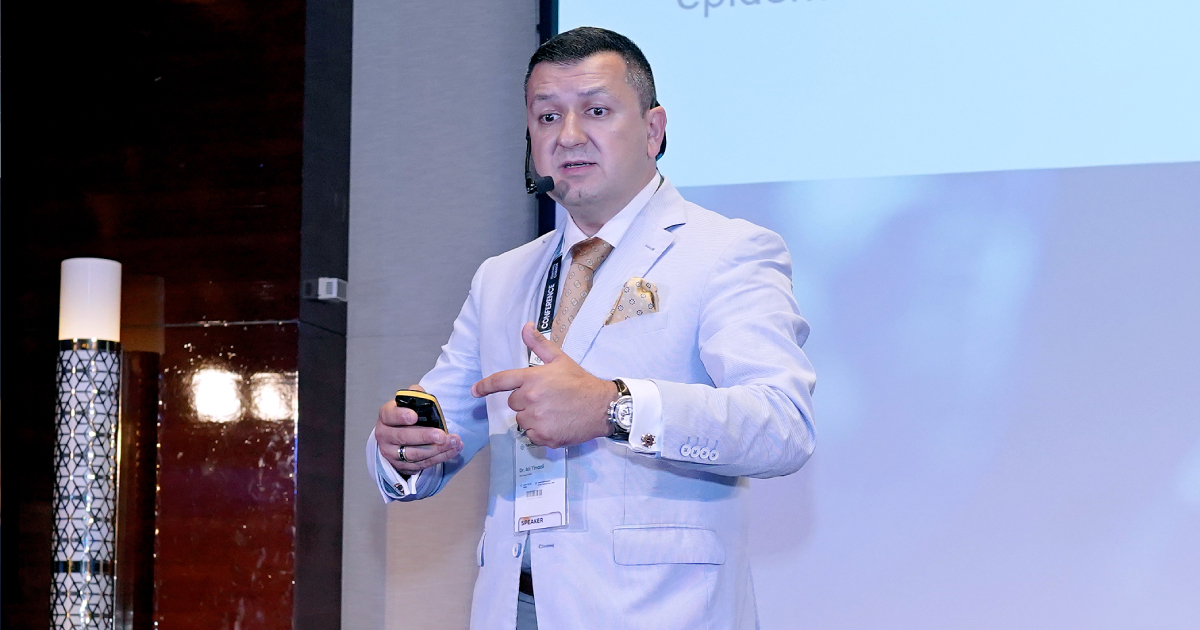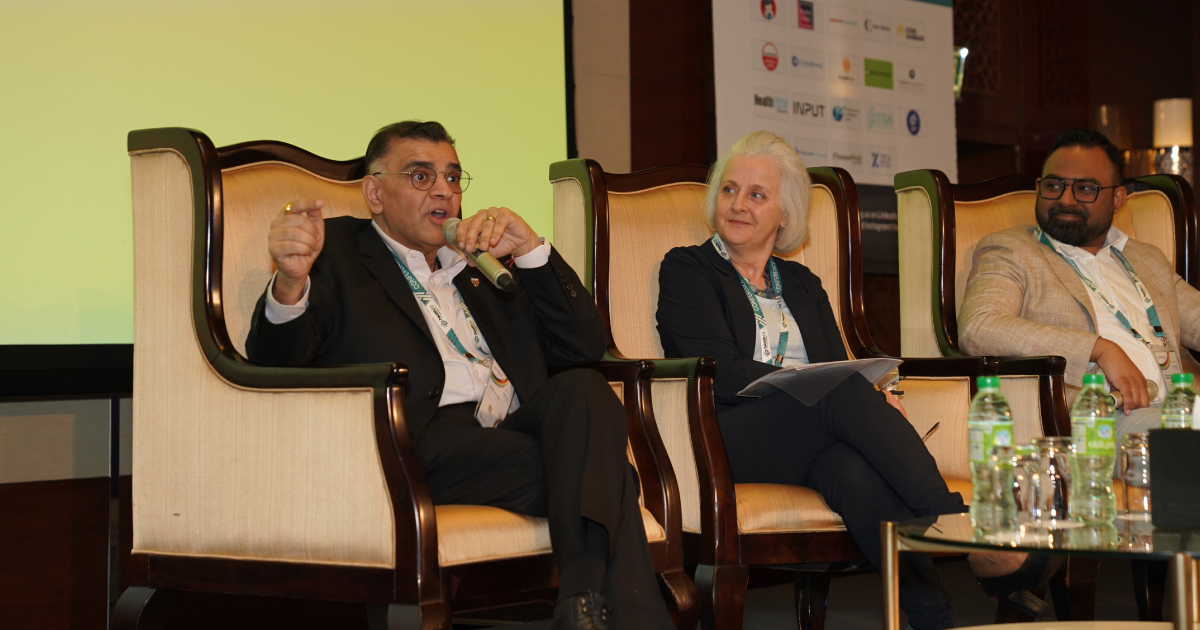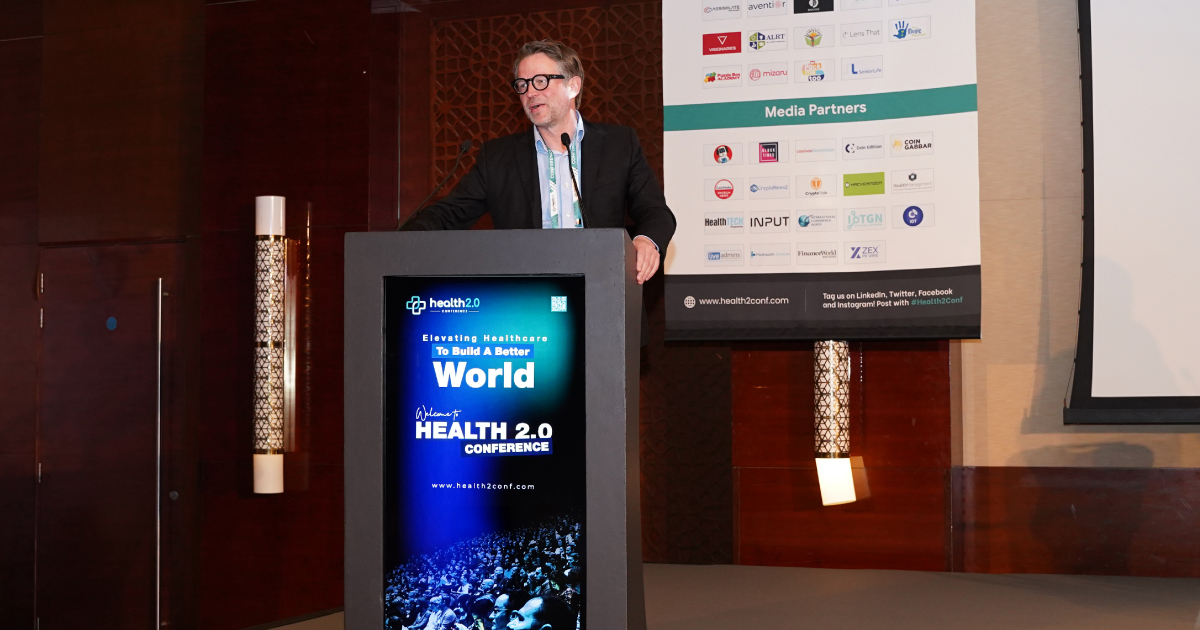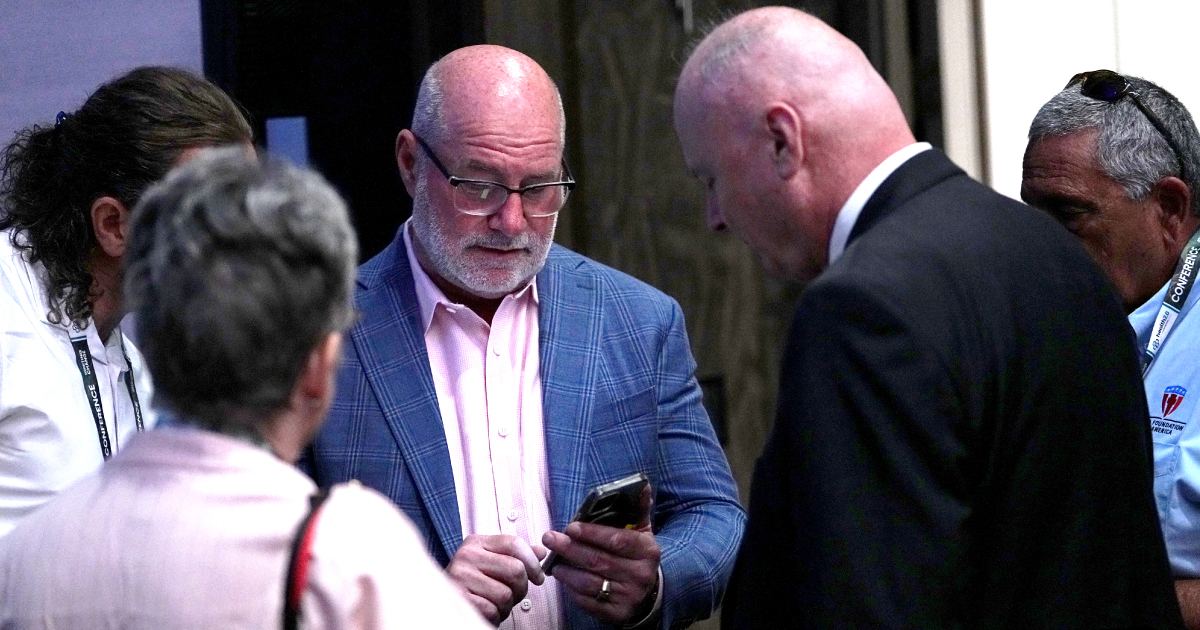In the early weeks of the pandemic, cases of depression in the United States Of America rose by three times — from 8.5% to an overwhelming 27.8%. As per recent studies, the figures have further deteriorated in 2021, with 1 in 3 people of the general population reportedly exhibiting depressive symptoms.
The relentless efforts of healthcare providers, mental health advocates, and federal authorities have remarkably lessened the stigma around seeking therapeutic interventions for depression. Yet, we need to do a lot more to tackle discriminatory attitudes regarding mental illnesses. As highlighted by psychologists at healthcare conferences in the USA, the need of the hour is to spread awareness around mental health and well-being amid at-risk groups, provide support to those in need, and channel funding to promote studies on mood disorders.
Amid this, there seems to be a silver lining on the horizon as researchers from Stanford’s School of Medicine have developed a promising therapeutic approach that has proven to be 79% effective in treating individuals displaying significant depressive symptoms.
Known as SNT (Stanford neuromodulation therapy), this involves magnetic brain stimulation and is a re-engineered version of an approach called transcranial magnetic stimulation. While the latter received the approval of the FDA in 2008, experts have repeatedly stressed that it is time-consuming while exhibiting limited results.
Detailed Review
SNT takes a slightly different route to treat depression. Unlike transcranial magnetic stimulation, it is dependent on neuroimaging tools to personalize the stimulation method as per the neurobiology of the patient. With this, the researchers could locate specific points for the effective delivery of magnetic pulses.
On the other hand, while TMS courses last around six weeks, SNT is more individualized and less time-taking — a critical factor when treating suicidal patients. Participants of the study were administered 10-minute treatments ten times a day. There were intervals of 50 minutes between sessions, and significantly, signs of remission were apparent within five days.
Here, it is essential to remember that this intervention has been recommended for people who hadn’t experienced noticeable changes after undergoing psychotherapy, taking medication, or making significant lifestyle changes. The participants of the study, aged between 22-80, had been living with depression for at least nine years.
While the sample study population is small, the remarkable remission rate has caught the attention of therapists and researchers around the world. Of course, this novel brain stimulation therapy is not a complete remedy for depression. Studies are being conducted on its efficacy and how different people respond to it.
Explore Advances In Mental Health Research
Learn about major developments, therapeutic interventions, and legislative reforms that have the potential to boost wellness and improve access to mental health services by attending USA’s premier healthcare event — the Health 2.0 Conference. Network with the minds behind the most promising mental health startups, researchers, therapists, counselors, and social workers under one roof while broadening your understanding of the crucial subject.


